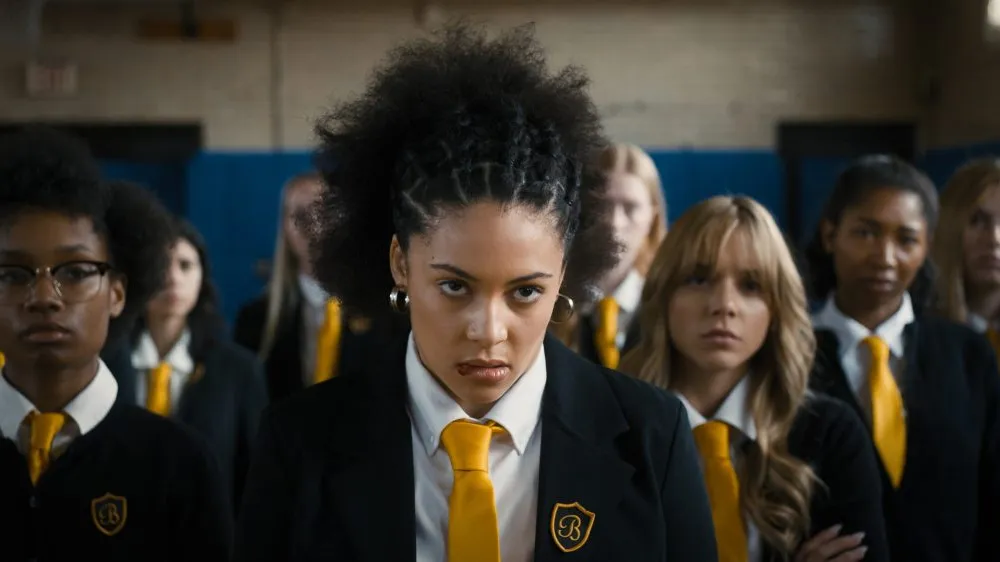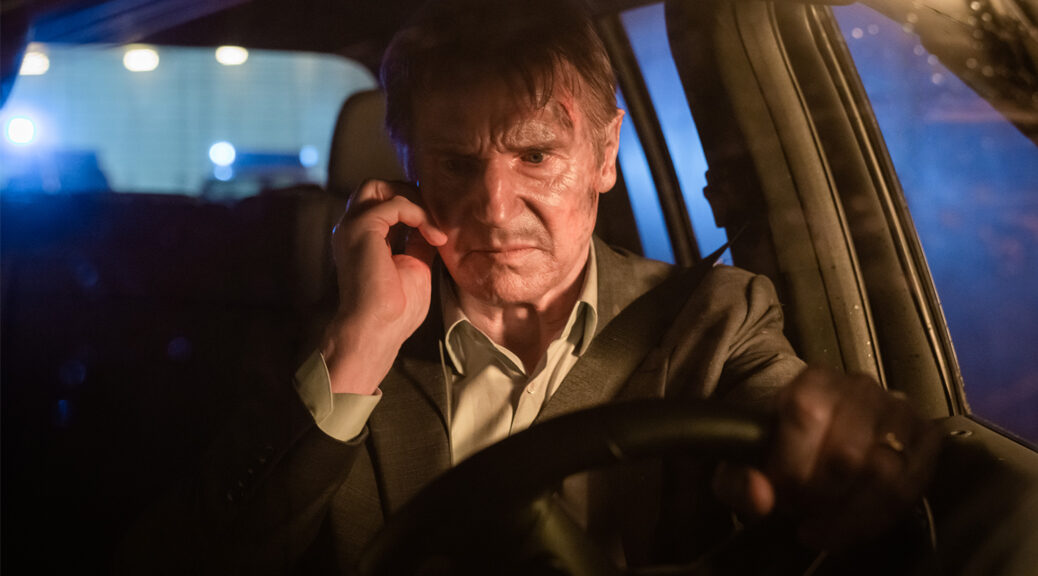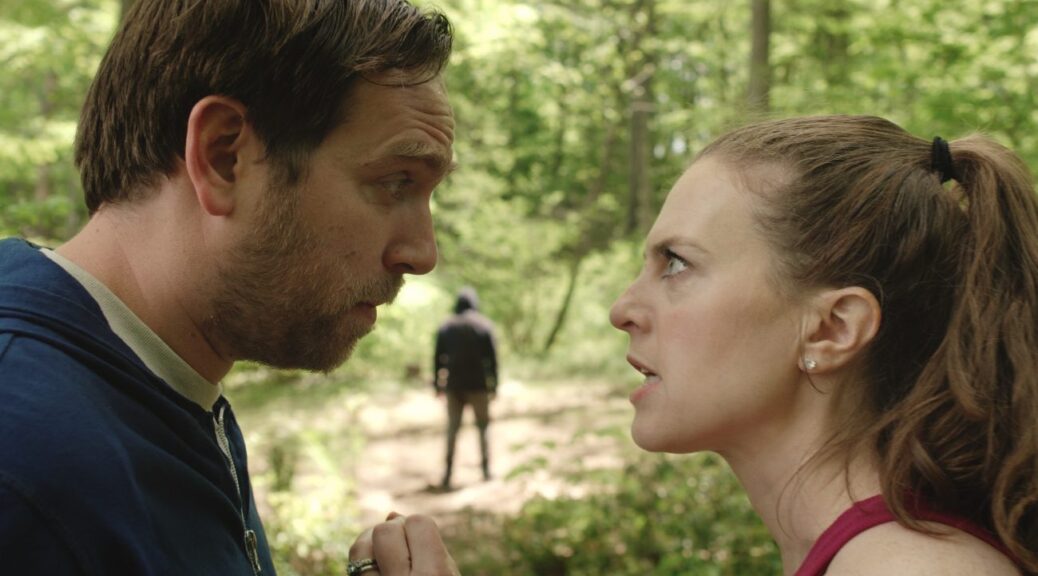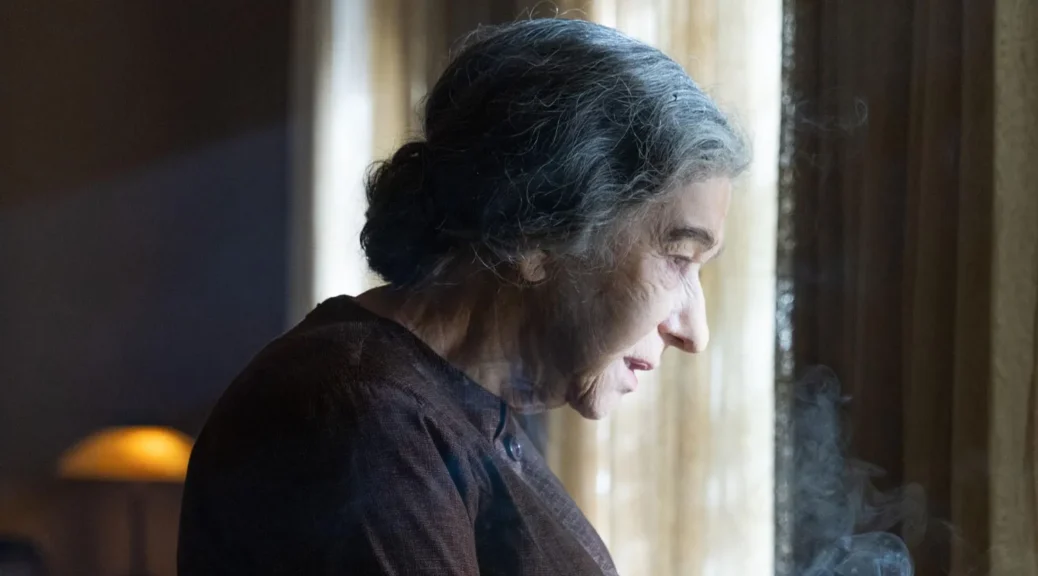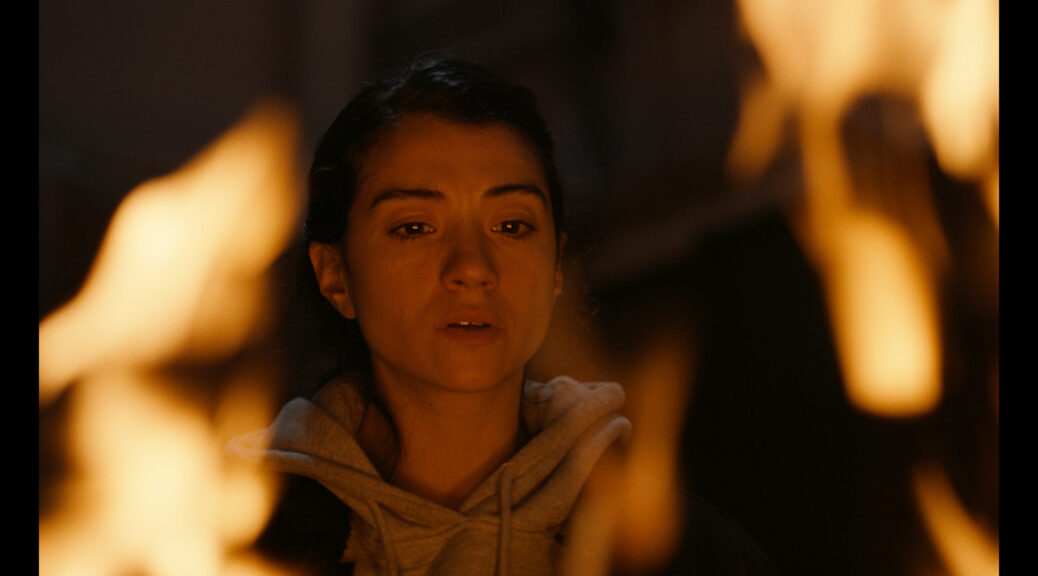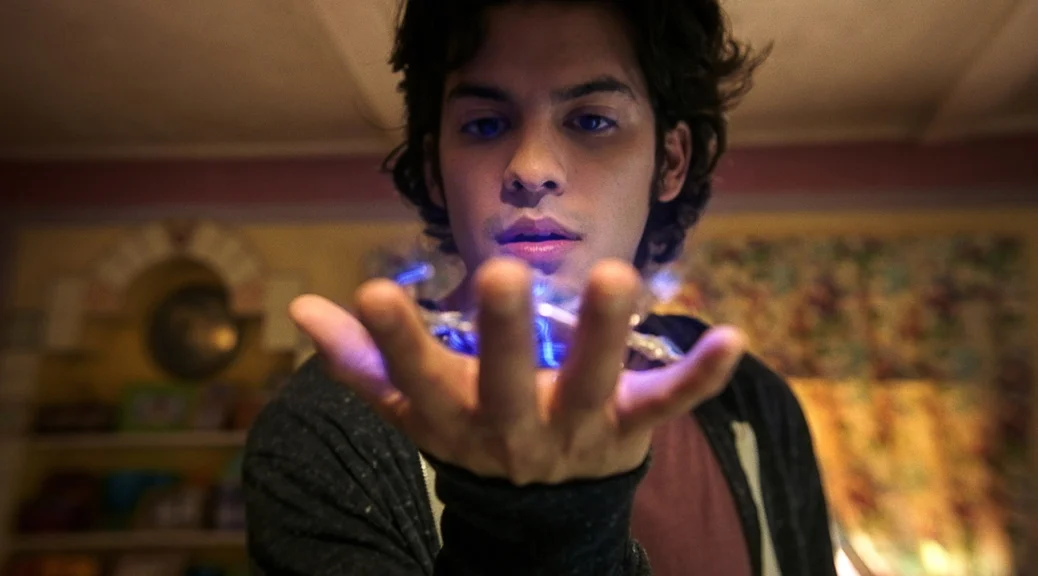The Fallen Bridge
by Rachel Willis
The first images in director Yu Li’s latest film, The Fallen Bridge, are of a bridge collapsing on CCTV. It’s a compelling introduction to the unknown that lays at the film’s center.
The bridge collapse is the start of a deeper mystery – one of murder and corruption. After a skeleton is found inside one of the fallen bridge’s supports, Xiaoyu (Sichun Ma) is drawn home from college. She wants to know who murdered her father.
Xiaoyu’s main support comes not from her godfather and friend to her father, but a mysterious man, Meng Chao (Karry Wang), who claims to know what happened.
It’s not too hard to figure out what happened, and the film doesn’t keep you guessing. Without a mystery, there is no tension. We watch Xiaoyu talk to people who knew her father. All of them tell her who is responsible, but as Xiaoyu has no evidence, she keeps searching.
The film’s strongest element is Sichun Ma, but even she can’t seem to muster the outrage or grief necessary to allow the audience to connect or care about her character’s journey. Chao feels like a sidekick with very little to flesh out. He carries his own sins, but we’re only told what happened. We’re never allowed to see how his crimes weigh on him, or how helping Xiaoyu redeems him (or why he continues to help her at all).
Detectives wander in and out of the story; they slowly piece together the tale that the audience already knows, making each of their discoveries ring hollow. While Xiaoyu has all the cards in her hand, the detectives are left to bumble after leads. There’s a sense that the situation might have been resolved in a more compelling way if we weren’t left to wonder why Xiaoyu acts the way she does.
As the film reaches its climax, the focus seems to shift from Xiaoyu to Chao, a truly odd decision. We don’t get the satisfaction of seeing Xiaoyu right wrongs of the past or get her revenge on those responsible. Instead, Chao takes over, a stunning disappointment in a film already floundering to find its way.
There is a sensitivity to Xiaoyu and Chao’s relationship that would have strengthened the film had it been further explored. The lack of mystery might have been less bothersome had the two main characters been allowed to explore the grief that binds them. Unfortunately, what could have been an interesting character study is instead a lifeless mystery.


